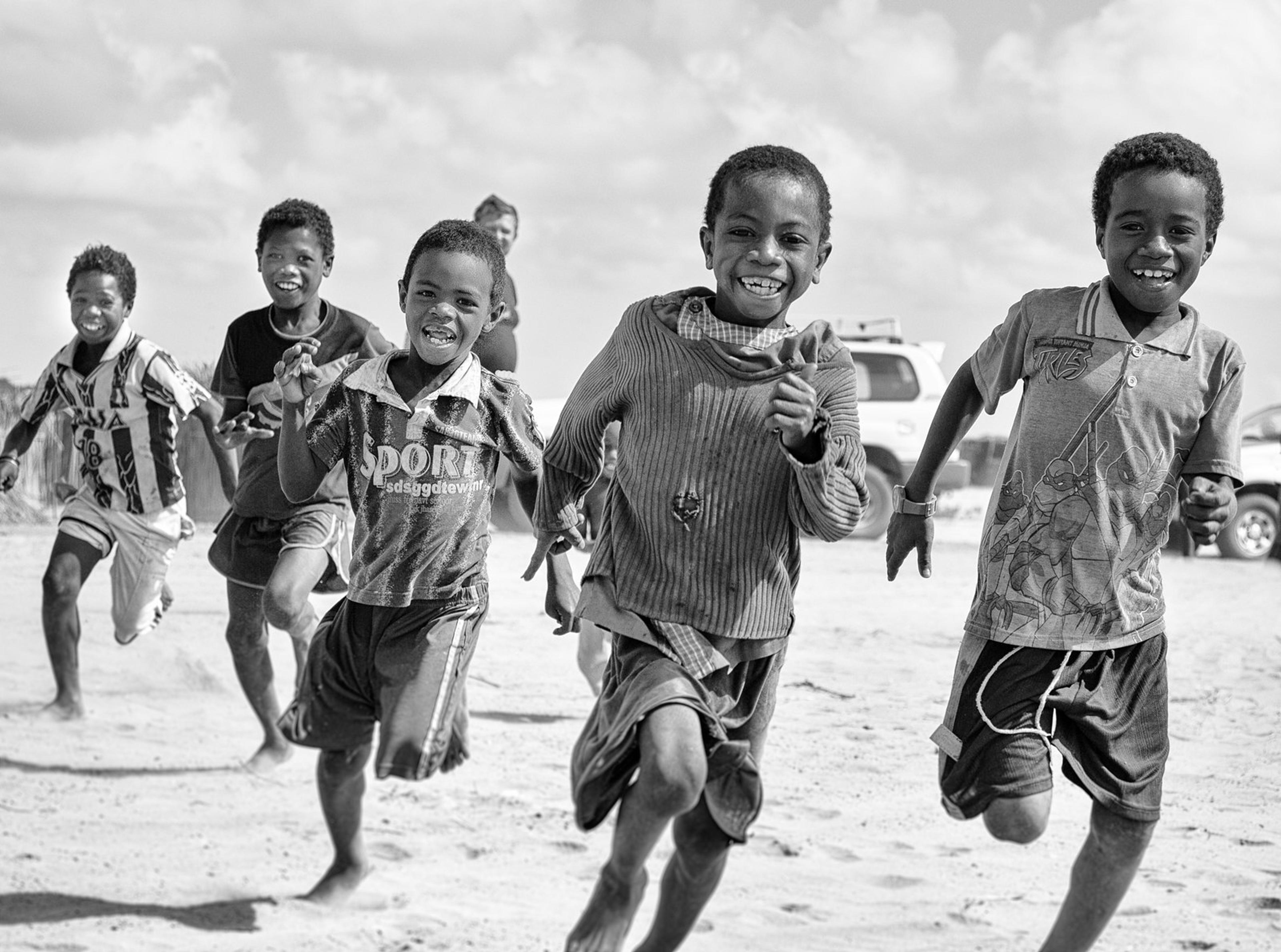The SDGs - could we become the generation that eliminates extreme poverty?
2015 is a key year in the fight to abolish extreme poverty. In September, the new Sustainable Development Goals (SDGs) will be finalised. These goals will underpin the plan for what we do to tackle extreme poverty, so the choices our leaders make – and the choices we campaign for them to make – are absolutely crucial. How we are going to make the new goals a reality was discussed in July, at an intensely important world conference in Addis Ababa, but in large part this also depends on us - we need to send our leaders a strong message that extreme poverty must be tackled, using methods that are proven to work and with the funds to make this a historic success.

The SDGs will be the successors of the Millennium Development Goals. Put into action in 2000, the Millennium Development Goals pledged to tackle poverty on a variety of fronts, including nutrition, education and health. These targets have been widely criticised for failing to be meet their deadline (2015), and for being too broad and ill-defined. While these criticisms will hopefully help to shape the SDGs into more measurable and achievable aims, much of the criticism obscures wider facts about progress on world poverty.
Yes, the Millennium Development Goals failed to fully achieve their objectives. Yes, the goals themselves could have been more realistic, and interventions more effective. Still, their impact has been tremendous.
Between 1990 and 2015, extreme poverty was halved thanks to effective interventions. The mortality rate for children under 5 more than halved, while maternal mortality fell by 45%. Across developing nations, enrolment in primary education reached 91%. Those are astonishing achievements. If we achieved this in the last 25 years, think of what we could achieve in the next 25.
In addition to these gains, we now know better than ever what works when we try to beat poverty. And we can keep learning - by approaching aid programs and interventions in an evidence based way.
Before we decide to give a critically ill person a brand new medicine, it has to be rigorously tested. We need to run observations and experiments to make sure the medicine is safe and does more good than other similar medicines. We need to be doing the same for the methods we use for tackling extreme poverty.
This sometimes leads to unexpected results. For example, many people are against the idea of giving money directly to the very poor. They fear that it will encourage dependence, and may believe the money will be wasted on alcohol, drugs or other non-essentials. For this reason, offering the very poor micro-loans to start growing businesses, or specific donations of food and equipment are often viewed as being the best options to reduce poverty.
Yet it has been consistently shown that just giving people money – and respecting their own judgements on how best to spend it – is highly effective in improving conditions for the world’s poorest people, even in the long term [2]. You can find out more about how social experiments reveal surprising truths about the best ways to fight poverty in Esther Duflo’s brilliant TED talk.
So, we know there is a precedent for significantly reducing extreme poverty when we have goals in place, and more knowledge than ever about how best to fulfil these goals. So far so good. What we still need to ensure is that the SDGs stay high on the agenda of world leaders.
Everyone can help achieve this by speaking up about why the SDGs are important to them personally. Our MPs work for us and have to listen to our concerns – they are also more likely to respond to a personal message than to a signature on a petition or copy and paste email written by a charity. You do not have to be an expert on international development or poverty – you just have to use your voice.
You can write to, email or call your MP, or better yet, request a meeting with them to ask how they are backing the SDGs and tell them why they are important to you. Or you can make an impact via social media by showing that some ways to help are far more effective than others, what you are doing to support those causes and how others can too. This is also a really good way of getting people involved and interested in effective altruism.
The Global Goals website has lots of useful ideas and infographics to share the message across social media. For teachers, there are lesson plans and resources to inspire a whole new generation about international development via the World’s Largest Lesson.
As I said at the start of this piece, 2015 is a key year in the fight to end global poverty once and for all – but only if we help make it so. Engaging with the evidence for what works in this fight - and engaging in our own fight to have this recognised and reflected in policy - is what will make this possible.